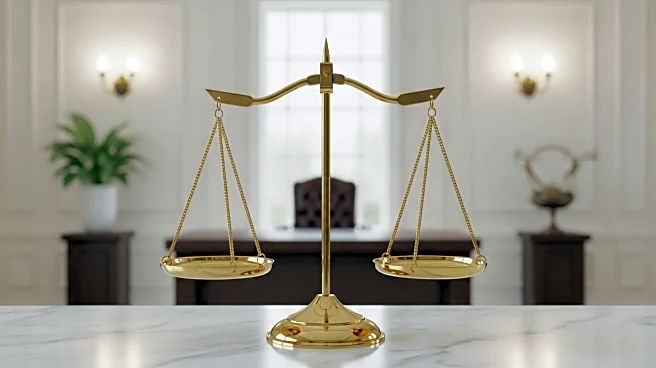What's Happening?
President Trump has issued a directive aimed at facilitating the inclusion of private equity and other alternative assets in 401(k) and retirement plans. The administration argues that this move will enhance competitive returns and asset diversification for American workers. However, critics suggest that the private equity industry is more reliant on individual investors for capital than the other way around. The directive is seen as part of a broader effort by private equity firms to access the trillions of dollars held in retirement accounts, as traditional institutional investors have become saturated with private equity investments.
Why It's Important?
The inclusion of private equity in retirement plans could have significant implications for American workers' financial security. While proponents argue it offers diversification and potential for higher returns, critics warn of increased risks and fees associated with private equity investments. The move reflects a shift in the financial industry's focus towards individual investors as a new source of capital. This development could reshape the landscape of retirement planning and investment strategies in the U.S., potentially affecting millions of Americans' retirement savings.
Beyond the Headlines
The directive raises questions about the transparency and alignment of interests between private equity firms and individual investors. Concerns about the potential for conflicts of interest and the adequacy of regulatory oversight are likely to persist. The long-term impact on retirement security and the financial industry's structure will depend on how these investments perform and the regulatory framework that governs them.









